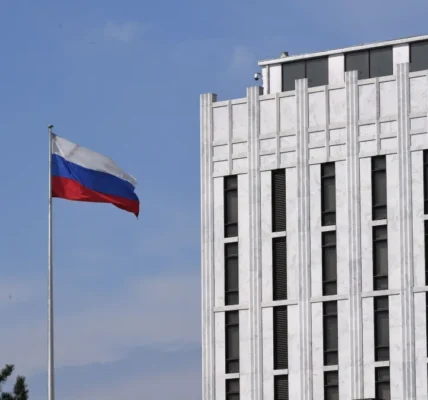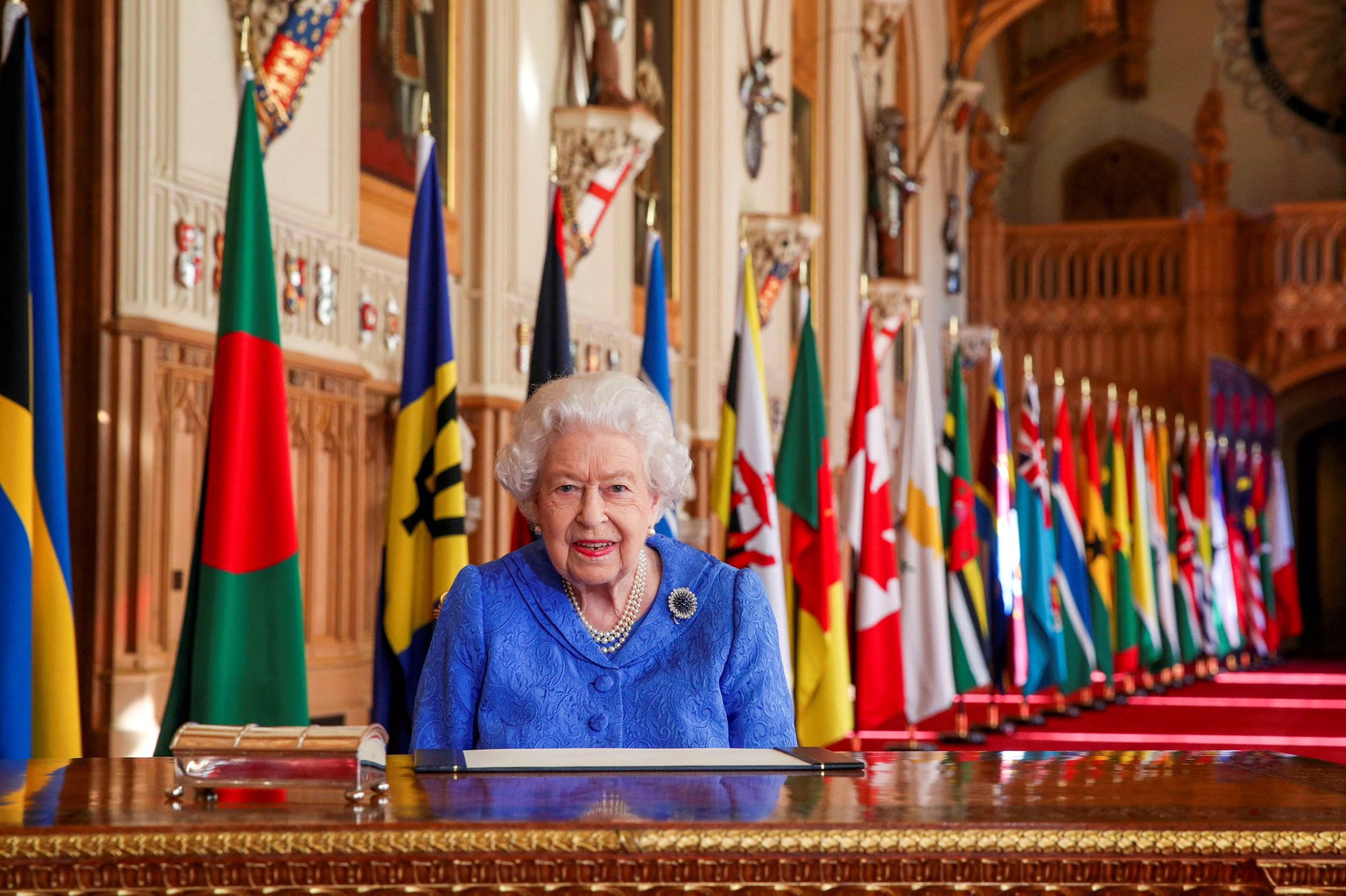The Decade-Long Tale: UK’s Role in Russian Trade-Based Money Laundering
The UK’s recurring implication as a facilitator of financial crime is highlighted yet again, as Transparency International Russia delved into Russian criminal cases, uncovering a troubling statistic: approximately one in ten money laundering cases implicated British firms.
In their report, ‘Ten years of UK-Russian trade-based money laundering: a collection of long stories’ investigators meticulously reviewed Russian criminal cases, uncovering hundreds of millions of pounds diverted out of the country via trade-based money laundering (TBML), contravening domestic laws. This detailed insight marks the first of its kind originating from the source country.
The Findings
Their findings highlighted two primary methods employed in money laundering through trade: overcharging for delivered goods and fabricating documents for non-existent deliveries.
It was found that criminals use Scottish Limited Partnerships and other UK entities such as Limited Liability Partnerships, to launder money and continue operations by changing names.
These illicit activities involve a web of intermediaries from third-party jurisdictions like the Marshall Islands, Belize, and others, using registration addresses associated with known criminal cases.
Criminal networks, including organized crime groups and legitimate companies, collaborate in fictitious trades, utilising Russian and UK firms while obscuring ownership through opaque offshore financial centres.
Surprisingly, these illegal activities persist for approximately one to two years on average, while court verdicts on such crimes see a delay of about five years.
Companies House Overhaul
The use of UK companies identified in this report warrants a call for urgent reforms in oversight, particularly within Companies House.
Recent legislation, like the Economic Crime and Corporate Transparency Act, passed on 26 October to combat corruption, money laundering, and fraud, seeks to enhance Companies House’s verification processes, remove fraudulent organisations from registers, and empower law enforcement agencies to tackle misuse.
The Act will “allow UK authorities to proactively target organised criminals and others seeking to abuse the UK’s open economy.” “Companies House will receive enhanced abilities to verify the identities of company directors, remove fraudulent organisations from the company register and share information with criminal investigation agencies.”

Expert Opinions
Margaret Hodge, a member of parliament for the Labour Party and chair of the All-Party Parliamentary Group on Anti-Corruption and Responsible Tax, believes the UK government’s efforts to target Russian oligarchs have not gone far enough.
“Hundreds of UK companies are unwittingly trading with sanctioned Russian businesses because they are hiding behind layers of corporate secrecy. The Govt must close the loopholes making this all possible. Our sanctions regime is unfit for purpose,” Hodge says.

























































































































































































































































































